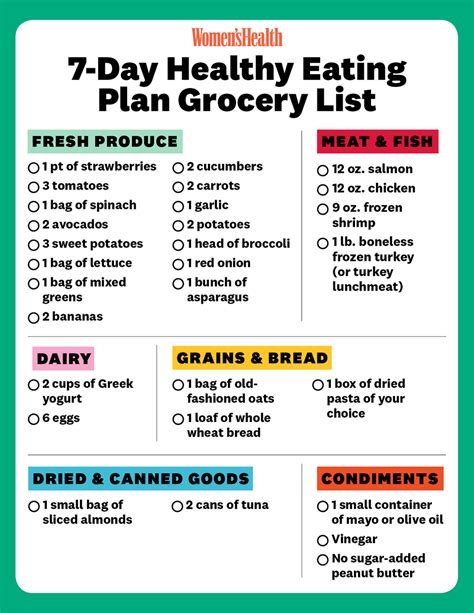Best macros for men’s muscle growth & sustained energy?

The Foundation: Why Macros Matter for Men’s Fitness
For men dedicated to building lean muscle mass and sustaining high energy levels, understanding and strategically managing macronutrients is non-negotiable. Protein, carbohydrates, and fats are not just components of your diet; they are the fundamental building blocks and fuel sources that dictate your body’s ability to recover, grow, and perform. Achieving the ideal balance is a science, and tailoring it to your specific needs is key to unlocking your full potential.

Protein: The Muscle-Building Powerhouse
Protein is paramount for muscle growth and repair. When you train, you create micro-tears in your muscle fibers, and protein provides the amino acids necessary to repair these tears, leading to stronger, larger muscles. For men actively pursuing muscle growth, a general recommendation ranges from 1.6 to 2.2 grams of protein per kilogram of body weight (or 0.7 to 1 gram per pound). Distributing this intake throughout the day—across 4-6 meals—ensures a constant supply of amino acids, optimizing muscle protein synthesis. Excellent sources include lean meats, poultry, fish, eggs, dairy, and plant-based options like legumes and tofu.
Carbohydrates: Fueling Performance and Recovery
Often misunderstood, carbohydrates are your body’s primary and most efficient energy source, crucial for both intense workouts and sustained daily energy. Without adequate carbs, your body may resort to breaking down muscle for fuel, hindering growth. Focus on complex carbohydrates like whole grains, oats, brown rice, sweet potatoes, and fruits. These provide a steady release of glucose, preventing energy crashes. Timing is also critical: consuming carbs before a workout provides immediate fuel, and after a workout, they replenish glycogen stores, accelerating recovery.

Healthy Fats: Essential for Hormones and Health
Fats play a vital, often underestimated, role in men’s health and muscle growth. They are essential for hormone production (including testosterone), nutrient absorption (fat-soluble vitamins A, D, E, K), and overall cellular function. Healthy fats also provide a concentrated source of energy and contribute to satiety. Aim for 20-30% of your total daily calories to come from healthy fats, primarily from sources like avocados, nuts, seeds, olive oil, and fatty fish (salmon, mackerel). Avoid trans fats and limit saturated fats.
Crafting Your Ideal Macro Ratios
While individual needs vary greatly based on activity level, body type, and specific goals, a common starting point for men aiming for muscle growth and sustained energy is:
- Protein: 30-40% of daily calories
- Carbohydrates: 40-50% of daily calories
- Fats: 20-30% of daily calories
For example, a man consuming 3000 calories might aim for 225-300g protein, 300-375g carbs, and 67-100g fat. It’s important to monitor your progress and adjust these ratios based on how your body responds, your energy levels, and your physique changes. Tracking your intake for a few weeks can provide valuable insights.

Putting Macro Strategy into Practice
Knowledge of macros is just the first step; consistent application is where results are made. Focus on whole, unprocessed foods. Plan your meals in advance, especially around your training schedule. Hydration is also a crucial, often overlooked, aspect of energy and performance—drink plenty of water throughout the day. Listen to your body; fatigue, poor recovery, or lack of progress are often signals that your macro balance needs adjustment. Regular tracking, even for short periods, can help fine-tune your approach.

Conclusion: The Personalized Path to Peak Performance
Optimizing your macronutrient intake is a powerful tool for men seeking both significant muscle gains and unwavering energy. By prioritizing protein for repair, complex carbohydrates for fuel, and healthy fats for hormonal balance and overall health, you create an environment where your body can thrive. Remember, these are guidelines; the best macro strategy is always the one tailored to your unique physiology, lifestyle, and evolving fitness goals. Consistent effort, mindful eating, and regular adjustments will pave your way to sustained strength, energy, and muscle development.










